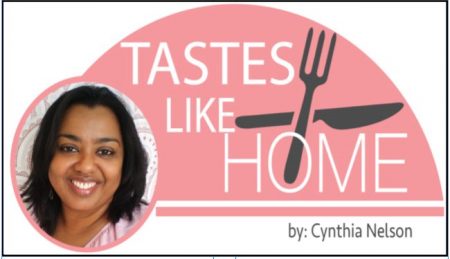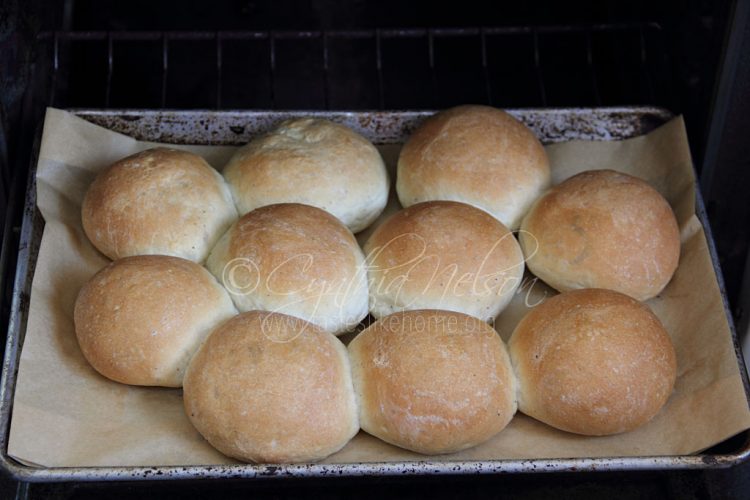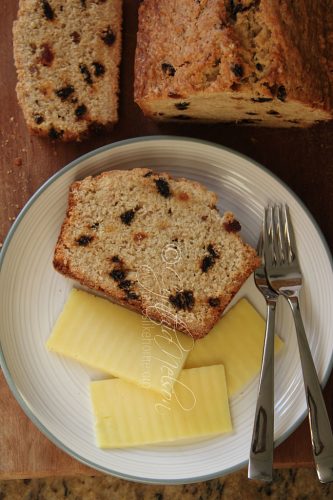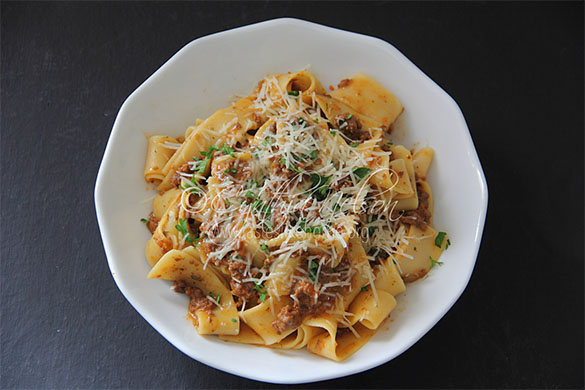
Flour in any form, raw or cooked as bread, bakes, roti, cakes, pastries, pasta and more, is life. It feeds, it nourishes, it satisfies; it’s reliable, it’s always there, it keeps us together, even in times when it has been vilified as not being good (for our health). As I have said and written before, bread has and will always be around, and it will continue to play a central part in our daily living, for bread is life.

A simple composition of flour, water, salt and some type of leavening agent, naturally occurring or manufactured, converts the milled wheat into countless eats and treats, the most popular being bread. This week marks a year for many countries in the Caribbean when we went into lockdown as the virus hit our shores, and one of the things that people have been making and buying the most is bread. Amidst the anxiety and uncertainty of everything, it has been a rewarding time for first-time bread bakers. They’ve been gushing at their success of making bread, marvelling at the ease with which they have been able to conquer their fears (of making bread) while vowing not to ever buy commercially made bread again.
Making your own bread is an achievement like no other; it’s like you created something, nurtured it and watched it grow (literally), and then it comes out of the oven perfectly domed and browned. It’s quite a high. And that’s just the bread. I don’t know about you, but every time I make something with flour – bread, roti, bakes, cakes – I am always filled with excitement and a bit of surprise as if I am making these things for the first time. It is always a delightful experience and a wonderful sense of accomplishment.

Almost everyone grew up being familiar with a neighbourhood bakery. For those in rural areas, it would have been the weekly assembly of women at an outdoor brick oven in a village baking bread. The afternoon aroma of bread baking that fills the streets is a warm and comforting memory. The daily buying of bread is a like ritual. One knows exactly the time to arrive to get the bread while it is still warm, to take home a loaf or two (depending on the size of your household) to have with dinner, a late-night snack, and for breakfast the next day; perhaps even making sandwiches to take to school or work the following day. Bread is a food that plays a central role in our lives.
Over the past few years, bread has been vilified by some, considered to be influencers. Suddenly, many people were becoming gluten intolerant. I say becoming because these were people who were not medically diagnosed as having Celiac disease (an immune disease in which people can’t eat gluten, a protein found in wheat, barley and rye. If they do it will damage their small intestine). I am talking about the people who wanted to join a trend and make it a fad to not eat bread. It is astonishing (not really) when you see them posting online and talking now about having to “break” their rule of not eating bread because it is so delicious and tempting; and sharing how much they miss bread. Mind you, in all the delight, not a word of being sick from or after eating the bread, it is like they can’t get enough. Rant over.
During this period of Lent, I know that many people have given up eating anything with flour, I sincerely applaud them. I remember one Lenten season a friend of mine gave up eating bread but when she came by and saw that I had made bakes for dinner, she wanted to eat the bakes making a point of telling me that it was not bread. To which I said, “Yeah, sure, but these bakes are made with the same ingredients as bread the only difference being that I used baking powder instead of yeast.” Not one to easily lose an argument, she exclaimed, “Ah ha! And that right there is what makes this not bread; you didn’t use yeast and it did not come out of an oven. Girl, look pass the bowl with the bakes, do!” Semantics.
I think the time has come for us to take back our bread though; to have our bread and eat it too. As much as people have avoided eating bread and giving it a bad name, there have been loud complaints, for years now, about the quality of bread we get these days. Many of the small/neighbourhood bakeries have gone out of business, replaced by big commercial bakeries. And often the bread from commercial bakeries leaves a lot to be desired. While many of the loaves look like bread, the taste and texture are far removed from what we know and expect bread to be.
One of the constructive things to come out of the Covid-19 environment is seeing people getting back to making their own bread at home and realizing how much of a better job they are doing. It has given rise to first time bakers being encouraged, coached and guided by many, to make their own bread. It is also bringing a renewed meaning to “breaking bread” at mealtime. So, this weekend, what say you? Get out some flour, salt, yeast and water and make some bread. You have the time, go online and find a recipe that suits you and your skill level and have a go at it. Don’t take things for granted. Some of you might be too young to remember, but there was a period of time in our country when the “white gold” was banned and we had no duff, dumpling, pot bake, plait bread, tennis roll, Salara or pastries.
Finally, look at the way, the panic at the pandemic caused a flour shortage. That’s real. Very real. Food chain supplies across the globe have been disrupted from one end to the other and prices that could be demanded on the market could see many people going hungry. Don’t waste and don’t take anything for granted.
Cynthia





